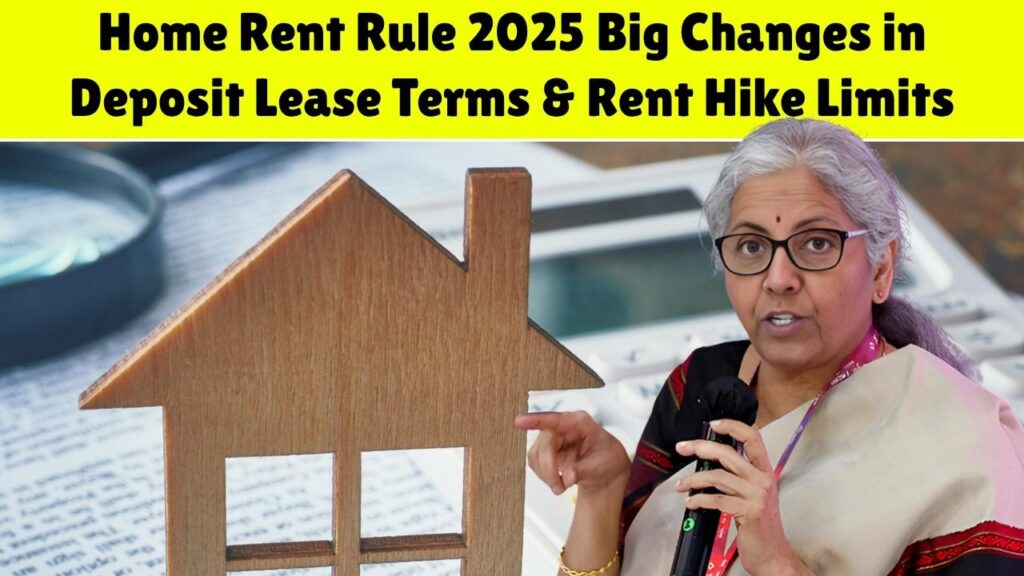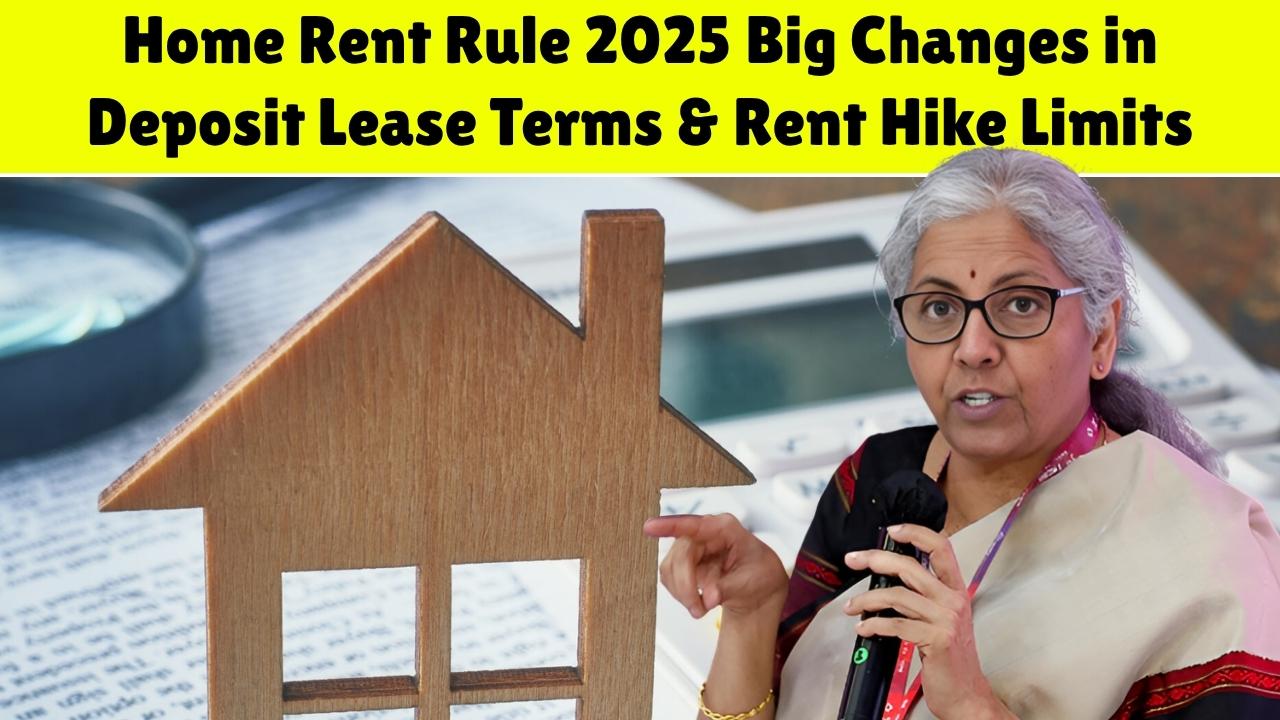
The central government has introduced the Home Rent Rule 2025, marking one of the most significant overhauls in India’s rental housing framework. The new regulation aims to create a fair balance between landlords and tenants by redefining norms on security deposits, lease terms, rent hikes, and eviction procedures.
Key Highlights
- Deposit Cap Introduced: Security deposits for residential properties are now capped at two months’ rent in metro cities and three months in non-metros to prevent excessive upfront charges.
- Controlled Rent Hikes: Annual rent increases will be limited to 5–8%, depending on inflation and local property indices, ensuring affordability for tenants.
- Standardized Lease Terms: The rule mandates written rental agreements specifying tenure, notice period, and renewal clauses, bringing transparency to rental transactions.
- Eviction Safeguards: Tenants can no longer be evicted without documented cause or sufficient notice, reducing cases of abrupt displacement.
- Digital Registration: All rental agreements must be registered digitally on state-approved portals for legal validation and dispute resolution.
Who Should Take Action – Specific Advice
Landlords should update existing lease agreements to comply with the new rule before renewal. Tenants must verify that their contracts meet the revised deposit and rent hike limits. Real estate agents and property management firms should educate clients on digital registration norms to avoid future disputes.
India Advocacy Insight
The Home Rent Rule 2025 signifies a major step toward formalizing India’s fragmented rental market. By addressing long-standing issues of arbitrary deposits and rent escalations, the law strengthens tenant protection while maintaining landlords’ rights. In the long run, these reforms are expected to foster greater trust, transparency, and participation in India’s rental housing ecosystem.
![]()




